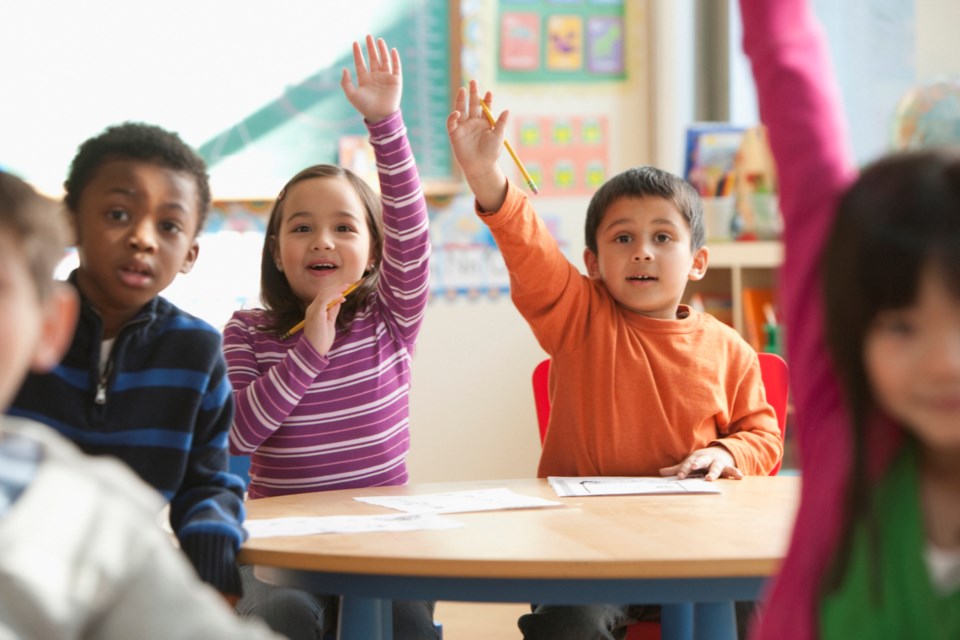There is nothing more tragic than a person looking back on their life and saying, “My God, what have I done?”
Of course, there are people incapable of sincere self-reflection, but they are few and far between. Most of us seek meaning in our lives, but if we allow our leaders to continue their sabre-rattling machismo, we will not have lives to reflect on.
In times of confusion, it helps to reflect on the perspectives of those who have gone before us. I, therefore, read The Prince by Niccolò Machiavelli. In it, he explains the tactics one must use to gain and maintain power. There is no depth of character in such a leader, only a lot of “smoke and mirrors” and effective use of manipulation. Machiavelli’s methods work, but it is easy to fall from favour and be replaced.
I also read The Autobiography of Eleanor Roosevelt, the reflections of the most influential First Lady in American history and one of her country’s most respected diplomats. Roosevelt was not perfect, and with a 2023 perspective, I could see that she sometimes displayed strong opinions on global issues yet lacked a clear understanding of what was happening. In addition, like all of us, she had her biases.
Despite this, Roosevelt was a person of tremendous integrity. Her intention was not to be popular but to promote equality and peace. She helped to lay the groundwork for the United Nations and played an influential role in writing the Universal Declaration of Human Rights.
Roosevelt left a great legacy. She helped to lead her country out of the Great Depression and through the Second World War. She also laid a groundwork for solving conflict.
Education was to play a key role in promoting the world of universal understanding Roosevelt envisioned. She stated that we must teach our students to be able to speak and listen to people in other parts of the world, that in our global economy, we need to understand histories and worldviews that are not our own. We need to be able to humbly recognize what we do not know and build positive relationships with neighbours who are not like us.
Today, at the high school and university levels programs that promote this understanding are grossly undervalued. In anglophone North America, for example, one can speak only English and still be considered educated. Is it any wonder that we send mining, engineering, diplomatic, economic, business, and military “specialists” out into the world who have no clue of the context in which they are working? They are not only ineffective, but they are also causing harm. The focus of our schools, therefore, needs to change.
Roosevelt also pointed out that we must make our young people feel needed. It takes no imagination to point out the problems that exist in 2023, but in order to instill this sense of purpose in our students, we must first help them realize that they have something unique and essential to share. One statement I make to my students ad nauseam is “you are a gift to the world.”
With giftedness comes responsibility. Wab Kinew’s children’s book Go Show the World speaks to all of us. He repeatedly states, “You are a person who matters, yes, it’s true. Now go show the world what a person who matters can do.”
We are all students, and despite the failings of our educational systems, our learning is our responsibility. In order to learn, we need to admit that there is much that we do not know and we need to be willing to ask ourselves difficult questions. Am I helping to create the world Eleanor Roosevelt dreamed of or am I recreating the world of Niccolò Machiavelli?
Each of us is a gift to the world. So what does a person who matters need to do?
Gerry Chidiac is a Prince George writer.




